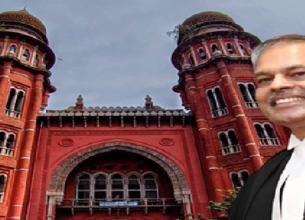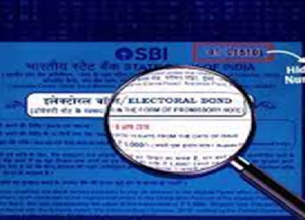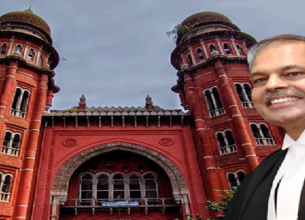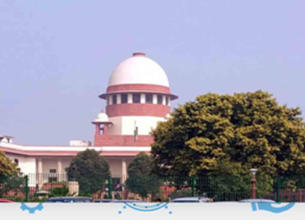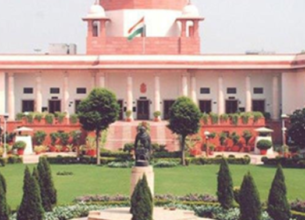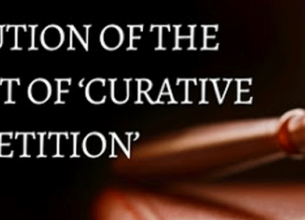CONSTITUTIONAL PROVISIONS REGARDING MINORITY EDUCATIONAL INSTITUTIONS
01, May 2020
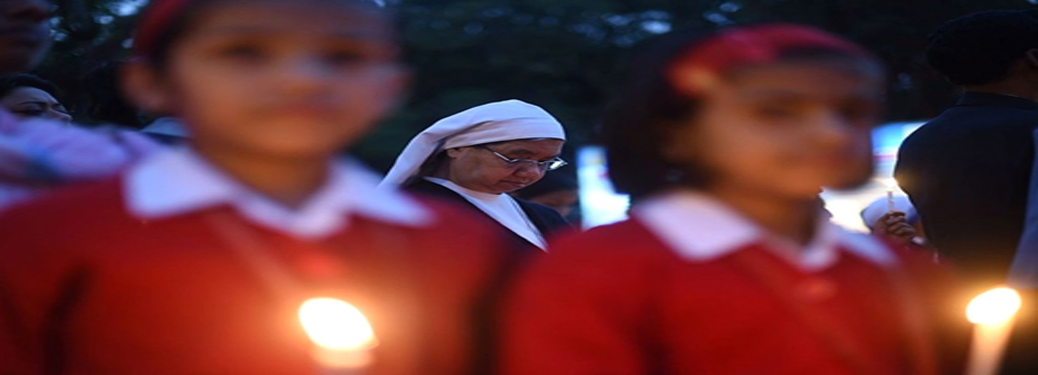
Prelims level : Rights Issues
Mains level : GS-II Indian Constitution- historical underpinnings, evolution, features, Amendments, Significant Provisions and Basic Structure.
Why in News?
- In a significant judgment, the Supreme Court has ruled that the National Eligibility cum Entrance Test (NEET) for admission to graduate and postgraduate medical and dental courses, does not violate the rights of minorities under the Constitution.
About the Issue:
- The ruling came on a bunch of petitions originally filed in 2012 by the Christian Medical College, Vellore and others, challenging the notifications for NEET issued by the Medical Council of India (MCI) and the Dental Council of India (DCI).
- NEET took away the right of the religious and linguistic minority institutions to administer their business, including the right to admit students from the minority community in terms of their own standards.
What are the observations made by the Court?
- Rights of the minority institutions under Articles 19(1)(g) and 30 read with Articles 25, 26 and 29(1) do not come in the way of securing transparency and recognition of merits in matter of admissions.
- State has the right to frame regulatory regime for aided/ unaided minority/private institutions, as mandated by the Constitution. There cannot be any other examination for admitting students.
- NEET is a regulatory measure that is in the larger national interest.
- The regulatory measures in no way interfere with the rights to administer the institution by the religious or linguistic minorities.
- Besides, regulating academics and imposing reasonable restrictions to ensure educational standards, are in national and public interest.
What are the Constitutional Provisions?
- Article 30(1) recognizes linguistic and religious minorities but not those based on race, ethnicity.
- It recognizes the right of religious and linguistic minorities to establish and administer educational institutions, in effect recognizing the role educational institutions play in preserving distinct culture.
- A majority community can also establish and administer educational institution but they will not enjoy special rights under Article 30(1)(a).
What are the Special Rights Enjoyed by Religious Minority Institutions?
- Under Art 30(1)(a), MEI enjoy right to education as a Fundamental Right. In case the property is taken over by state, due compensation to be provided to establish institutions elsewhere
- Under Article 15(5), MEIs are not considered for reservation
- Under Right to Education Act, MEI not required to provide admission to children in the age group of 6-14 years up to 25% of enrolment reserved for economically backward section of society
- In St Stephens vs Delhi University case, 1992, SC ruled that MEIs can have 50% seats reserved for minorities
- In TMA Pai & others vs State of Karnataka & others 2002 case, SC ruled that MEIs can have separate admission process which is fair, transparent and merit based. They can also separate fee structure but should not charge capitation fee.



